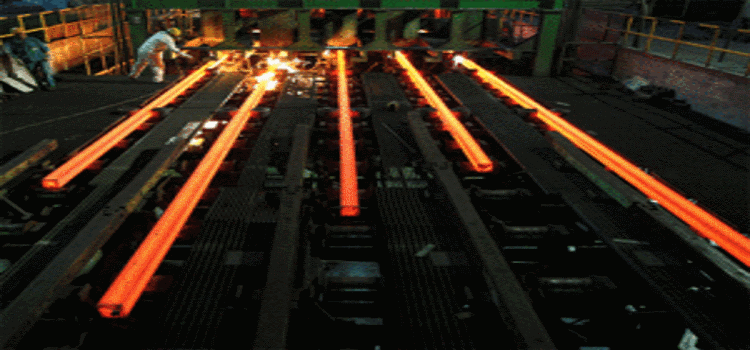
The clash highlights the dilemma the government faces as it tries to promote local production through the “Make in India” campaign at the same time it faces resistance from some state buyers who need to procure goods as quickly and cheaply as possible.
That amount will make up SAIL’s shortfall for the next two financial years.
For the financial year for 2017/18, SAIL is expected to supply 920,000 tonnes, only 65 percent of the target, according to a letter sent by Indian Railways to the Steel Ministry dated Oct. 18 and reviewed by Reuters.
Indian Railways maintains that passenger safety justifies an exemption to the “Make in India” policy. The government could allow an exception if there are shortages or specific grades of steel are unavailable.
In a letter to Lohani from Aruna Sharma, the secretary at the Steel Ministry, dated Oct. 23 and reviewed by Reuters, the ministry urged the railways “to follow the procedure” on steel procurement, but said it would examine the need for a waiver.
In September, Modi named a new railways minister to oversee a $130 billion, five-year modernisation programme and to replace some of the 92,000 km of tracks operated by Indian Railways.
The railways are a lifeline for the more than 20 million mostly poorer people who use it every day. In February, the government launched a $15 billion fund dedicated to ending the rising number of train accidents caused by track defects.
India’s state-owned companies such as SAIL maintain large roles in key industries and infrastructure projects, despite struggling with inefficiencies.
Reuters has previously reported that the railways this year considered ending SAIL’s decades-long monopoly supplying steel.
